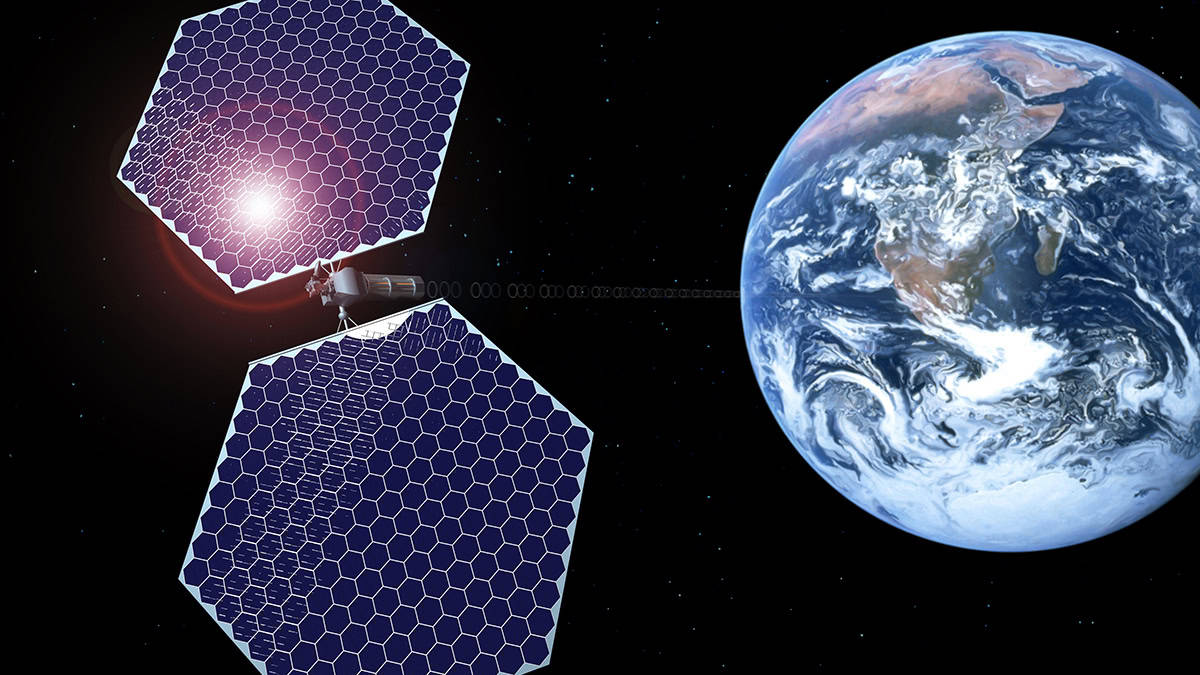The warming up of the planet and its adverse effects on the life on Earth is the bleak reality today. A recent study has now added to the worries by revealing that warmer water in the ocean is moving towards the East Antarctic ice sheets and is likely to accelerate the rise in global sea level. This, according to experts, will damage the marine life and threaten human coastal settlements. Researchers were familiar with the melting of the West Antarctic ice sheet and its contribution to the rising sea-level. However, little had been known about the situation of the East Antarctic ice sheet.
To plug this gap, researchers focused their study on an offshore region in the Indian Ocean known as the Aurora Subglacial Basin. Its area of frozen sea forms part of the East Antarctic ice sheet, which is the largest ice sheet in the world. The Aurora Subglacial Basin is below the sea level and thus more prone to melting due to the warm water.
In their study, published in Nature Climate Change, the team analysed 90 years of oceanographic observational data off the Aurora Subglacial Basin. They found out that the ocean was warming at a rate of 2 to 3 degree Celsius since the earlier half of the 20th century. They noted that the rate had tripled since the 1990s and reached 0.3 degree Celsius to 0.9 degree Celsius each decade.
Researchers linked this increase in temperature to a belt of strong westerly winds flowing over the Southern Ocean. These winds have been moving south towards the Antarctica since the 1960s during the period when the Southern Annular Mode is in a positive phase. This is likely due to the increase in greenhouse gases that are driving westerly winds toward Antarctica in summer and bringing warm water along with them.
So far, researchers had believed the East Antarctic ice sheet to be stable and not affected from the warm water. But, the study revealed that the cold water or the dense shelf water that it is surrounded with is being replaced by warm water. The uptick in the water temperature in the region poses a threat to the marine ecosystem and might affect the population of certain species.
Comments
For the latest tech news and reviews, follow Gadgets 360 on X, Facebook, WhatsApp, Threads and Google News. For the latest videos on gadgets and tech, subscribe to our YouTube channel. If you want to know everything about top influencers, follow our in-house Who’sThat360 on Instagram and YouTube.









